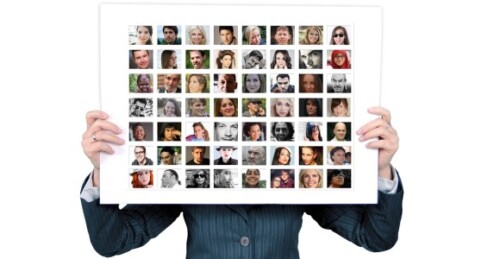Description
Our Digital World through Our Personal Information
Aim
Discover and understand keys notions about our digitized information society from the familiar reality of our personal information.
Description
“Our personal information” is not telling about our person only. These information items also describe all those others with whom we interact. These objects support through space and time our interpersonal relations and collective ones as well. The powerful machines that handle them not only can derive masses of new information about us and other individuals, groups, companies and societies. Those devices organize and regulate our lives with unprecedented efficiency. Therefore information and IT are sources of knowledge, wealth and… conflicts.
Objectives
To understand those informational objects:
• their properties;
• their roles in our lives and in what way;
• the transformations they bring in our individual and collective lives and how.
To learn to detect:
• the uses of information and IT around us;
• the ways in which they organize our relationships with others;
• the questions and issues they raise.
To develop our capabilities to:
• participate in decisions about uses of information and IT that affects us; thus
• develop better control over our personal and collective lives.
Methods
Interactive lecture from the exploration of familiar cases (70%) and group exercises (30%).
Target participants
General public. Teachers and trainers. Students, participants and professionals involved in open innovation, living lab or Fab Lab. Members of users or citizens associations.
Particular needs
Upon request, contents can also be provided as one to three hours lecture.
Contents
Information: physical media of knowledge and signals for their storage, communication and transformation into new information;
Meta-information: necessary to conduct and describe operations with information;
Interpersonal information: how they describe relationships between at least two persons who are more or less identifiable;
Meaning: less reflections of reality than of results sought;
Importance: as more information is produced about individuals, groups and companies, it takes less to make some decision about them;
Value: strategic or democratic resources, commodities;
IT: increasingly effective regulation of interpersonal relations as norms become less an expression of universal and immutable principles than of narrow fleeting requirements;
Conflict: information and IT multiply conflicts of all kinds, the peacefully resolution of which could come from market mechanisms and democracy.
Trainer
Pierrot Péladeau
Researcher, consultant, trainer and popularizer, Pierrot Péladeau specializes in interpersonal information and transaction systems assessment since 1982 in fields as diverse as health, social services, banking, government, telecommunications, personnel management, community action, retail. His current work focuses on how decision makers and citizens can better understand IT projects and devices as well as on democratization of IT decisions. He is also a blogger, columnist for the Journal de Montréal and Journal de Québec.
Duration and location
Suite 330 – 55, rue de Louvain Ouest à Montréal, H2N 1A4
One day – 9h00 am – 5h00 pm






